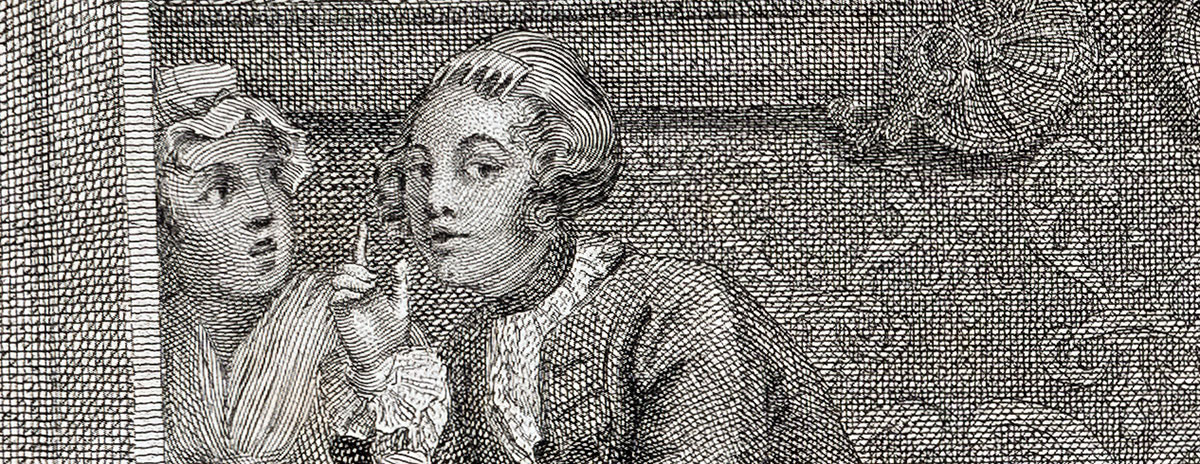bettered novels (22.2)
Ampersand

…more knowledge may be gained of a man’s real character, by a short conversation with one of his servants, than from a formal and studied narrative, begun with his pedigree, and ended with his funeral.
Although I reread Pride and Prejudice several times over the years, it was only when I read it for the first time as an ebook that I can say my reading of it materially changed. For that was when I noticed the servants. I have nothing clever to say on the matter, save that attitudes about and behavior towards servants on the part of characters is well worth watching out for, if you plan to (re)read the book soon.
Jane and Elizabeth looked at each other, and the waiter was told he need not stay. Lydia laughed, and said:
‘Aye, that is just like your formality and discretion. You thought the waiter must not hear, as if he cared! I dare say he often hears worse things said than I am going to say. But he is an ugly fellow! I am glad he is gone. I never saw such a long chin in my life. Well, but now for my news; it is about dear Wickham; too good for the waiter, is it not?’
- And of course, everyone knows that no man is hero to his valet, etc., etc.[↩]
